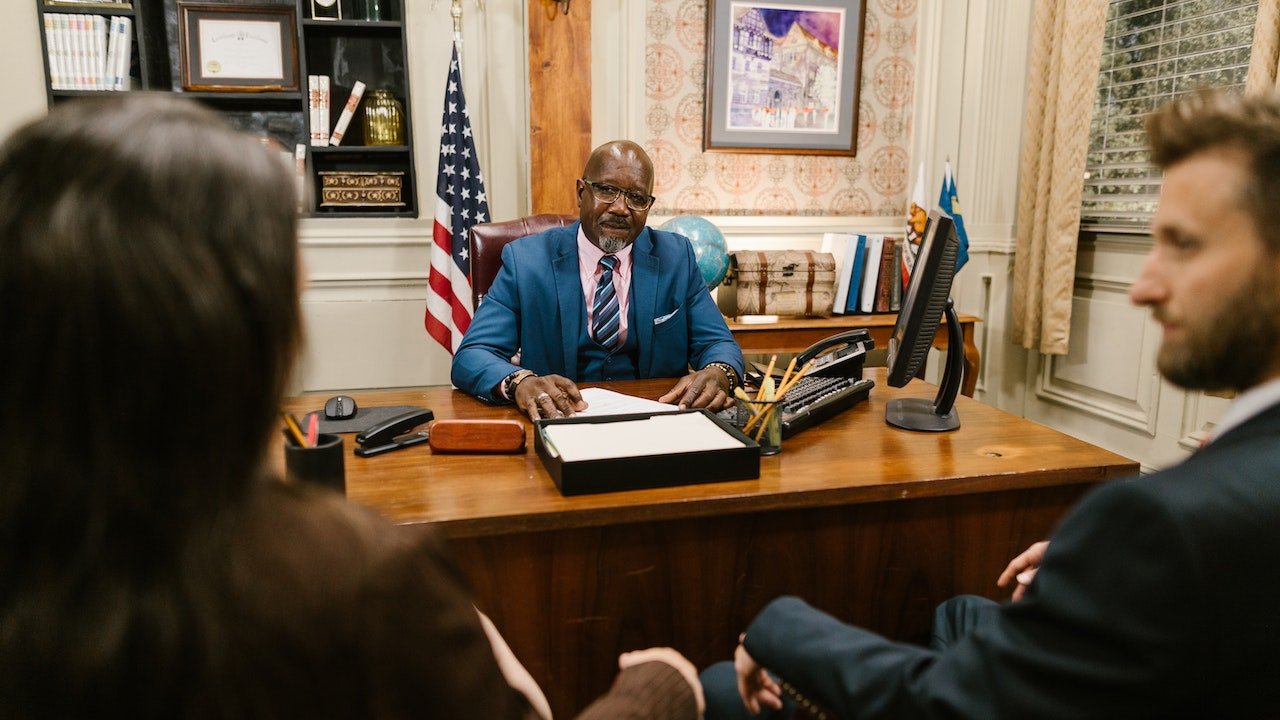Mediation in Family Disputes

Mediation, in the realm of family disputes, stands as a beacon of hope, providing families with a constructive and amicable way to resolve conflicts. As we delve into the intricacies of mediation, it becomes evident that this alternative dispute resolution method offers numerous benefits over traditional litigation.
Contents
Benefits of Mediation
In the often emotionally charged atmosphere of family disputes, mediation plays a crucial role in preserving relationships. Unlike adversarial court proceedings, mediation is known for its cost-effectiveness and commitment to confidentiality. Families seeking resolution find comfort in the flexible and private nature of the mediation process.
How Mediation Works
Understanding the mechanics of mediation is essential for those considering this path. The process typically involves selecting a neutral mediator, an initial consultation to outline concerns, and a series of mediation sessions where parties work toward mutually agreeable solutions. The agreements reached during mediation are then formalized, providing a roadmap for the future.
Types of Family Disputes Resolved Through Mediation
From divorce and separation to child custody battles, mediation proves effective in a wide array of family disputes. It addresses issues like property division and spousal support, providing a comprehensive framework for resolving conflicts without the adversarial nature of litigation.
Mediation vs. Litigation
Comparing mediation to traditional litigation showcases the former’s advantages. Mediation is often faster, allowing families to regain normalcy sooner. The control parties maintain over the decision-making process and the positive impact on emotional well-being further underscore mediation’s superiority.
Read More: Family Law Aspects Such As Child Custody, Divorce, and Others
Tips for a Successful Mediation Process
Success in mediation hinges on open communication, a willingness to compromise, and the selection of the right mediator. Parties involved in mediation must approach the process with a collaborative mindset, fostering an environment conducive to resolution.
Case Studies
Real-life examples illustrate the effectiveness of mediation in diverse family situations. These case studies highlight the positive impact mediation has on families, showcasing its potential to transform conflicts into opportunities for growth and understanding.
Challenges in Mediation
Despite its many advantages, mediation is not without challenges. Overcoming resistance to the process, addressing power imbalances, and navigating potential legal implications are hurdles that participants may face. Acknowledging these challenges is integral to ensuring a successful mediation outcome.
Future Trends in Mediation
Looking ahead, we explore the future trends in mediation. Technological advancements are increasingly playing a role in making mediation more accessible, efficient, and adaptable to evolving societal needs. As mediation practices continue to evolve, the future holds promising developments in the field.
Read More: Strategy for the Succession of Family Businesses
Conclusion
In conclusion, mediation emerges as a powerful tool for families navigating disputes. Its ability to foster communication, preserve relationships, and provide timely and cost-effective solutions positions mediation as a cornerstone in the resolution of family conflicts.
FAQs
Is mediation only for divorcing couples?
No, mediation can be used for various family disputes, including but not limited to divorce. It is a versatile method for resolving conflicts amicably.
How long does the mediation process typically take?
The duration of mediation varies depending on the complexity of the issues involved. On average, it takes several sessions spread over a few weeks.
Can I still consult an attorney during mediation?
Yes, many individuals choose to consult with attorneys before and during the mediation process to ensure they are well-informed.
What happens if an agreement is not reached in mediation?
If an agreement is not reached, parties may choose to explore other options, such as litigation. However, the majority find mediation effective in finding common ground.
Is mediation legally binding?
Once an agreement is reached, it can be formalized legally, making it binding. However, the voluntary nature of the process ensures that participants are committed to finding a resolution.





